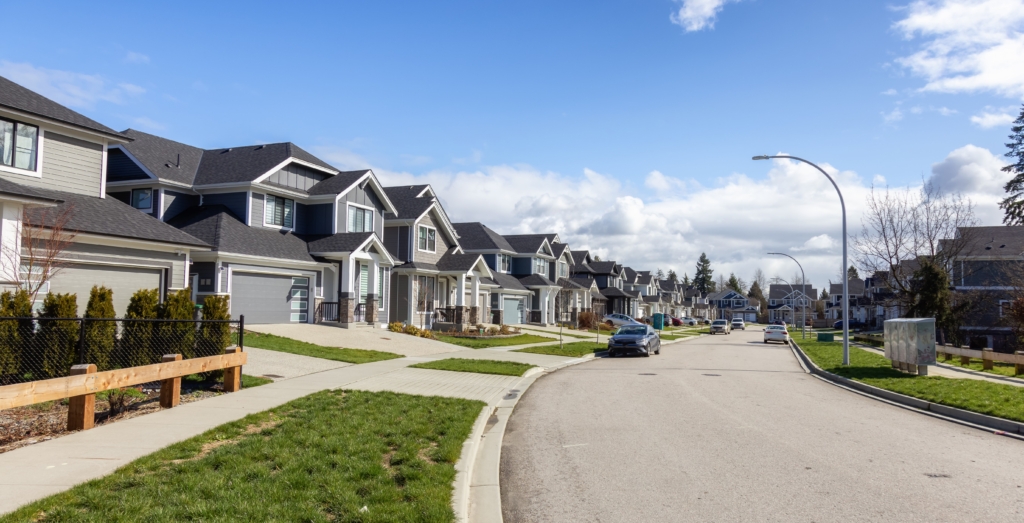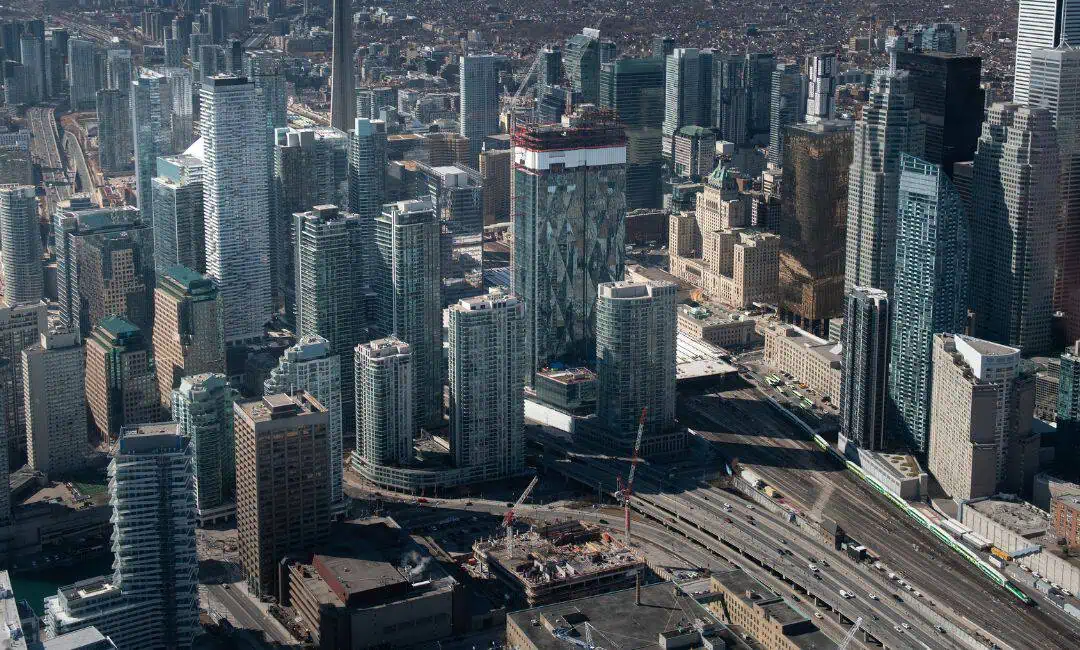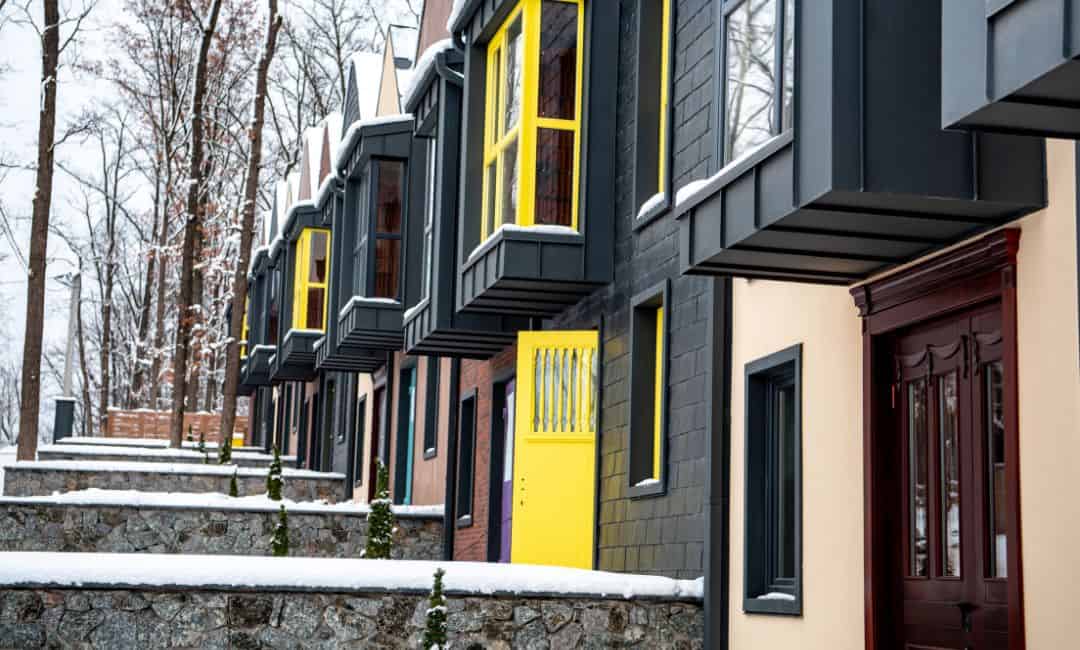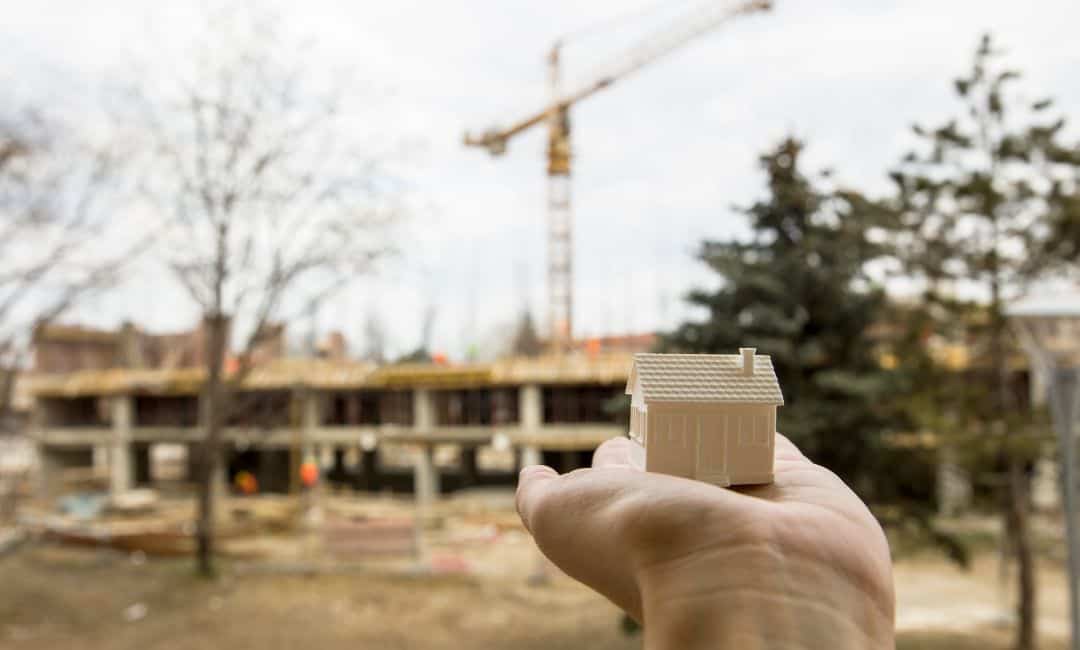What are the Pros and Cons of Closing on a Pre Construction Property

Investing in real estate is a significant financial decision, and one option that attracts many buyers is purchasing a pre-construction property. Let’s understand the pros and cons of closing on a pre construction property.
It involves buying a property before it is built or completed. While the allure of getting a brand-new home can be tempting, it’s essential to weigh the pros and cons before closing on a pre-construction property.
Advantageous of Closing on a Pre Construction Property

1. Customization Opportunities
Buying pre-construction allows you to choose specific features, layouts, and finishes based on the builder’s options. This level of customization is often not possible with existing properties.
2. Potential for Price Appreciation
Purchasing at the pre-construction stage can offer the potential for price appreciation as the property is completed. If the real estate market is upward, the property’s value may increase before you even move in.
3. Modern Amenities and Features
New constructions often come with the latest technology, energy-efficient features, and modern amenities. This can result in a more comfortable and cost-effective living experience.
4. Extended Payment Plans
Developers typically offer extended payment plans, allowing buyers to make payments over the construction period. This can be advantageous for those who need more time to accumulate funds.
5. Lower Maintenance Costs
New homes are less likely to require immediate repairs or replacements, leading to lower maintenance costs in the early years of homeownership.
6. Warranty Protections
Builders often provide warranties for new constructions, covering structural defects and major components. This can offer peace of mind and financial protection against unexpected issues.
Disadvantages of Closing on a Pre Construction Property

1. Construction Delays
Delays in construction timelines are not uncommon. Weather conditions, labor shortages, or other unforeseen challenges can push the completion date further, causing frustration for buyers.
2. Uncertain Neighborhood Dynamics
The neighborhood and surroundings may change after the pre-construction purchase. New developments or shifts in the local economy can impact the area’s desirability and property values.
3. Limited Mortgage Options
Securing a mortgage for a pre-construction property can be more challenging, and interest rates may fluctuate before the property is ready. Some lenders may have specific requirements for financing new builds.
4. Hidden Costs and Fees
While the initial purchase price may seem attractive, hidden costs and fees can be hidden. These may include development charges, utility connections, landscaping fees, and unexpected upgrades.
5. Potential Design Discrepancies
The finished product may not always align with the initial plans or the buyer’s expectations. Variations in construction execution or modifications made during the building process can result in design discrepancies.
6. Market Volatility
The real estate market can be unpredictable. Economic downturns or changes in market conditions could impact property values, potentially affecting the return on investment for pre-construction buyers.
7. Limited Negotiation Power
Pre-construction prices are often non-negotiable, and buyers may have limited room for price negotiations. This lack of flexibility can be a drawback for those who are adept at negotiating favorable deals.
Conclusion
Closing on a pre-construction property is a decision that requires careful consideration pros and cons of closing on a pre construction property. Buyers must assess their preferences, financial capabilities, and risk tolerance.
While the opportunity to customize a new home and potentially benefit from price appreciation can be appealing, the uncertainties of construction timelines and potential additional costs should not be overlooked.
It’s crucial for buyers to research the reputation of the builder thoroughly, understand the terms of the purchase agreement, and factor in the potential for delays.
By weighing the pros and cons of closing on a pre construction property, buyers can make informed decisions that align with their long-term goals and expectations for homeownership.
Consulting with real estate professionals, including lawyers and financial advisors, can provide valuable insights and guidance in navigating the 3 strategies for move up buyers.







